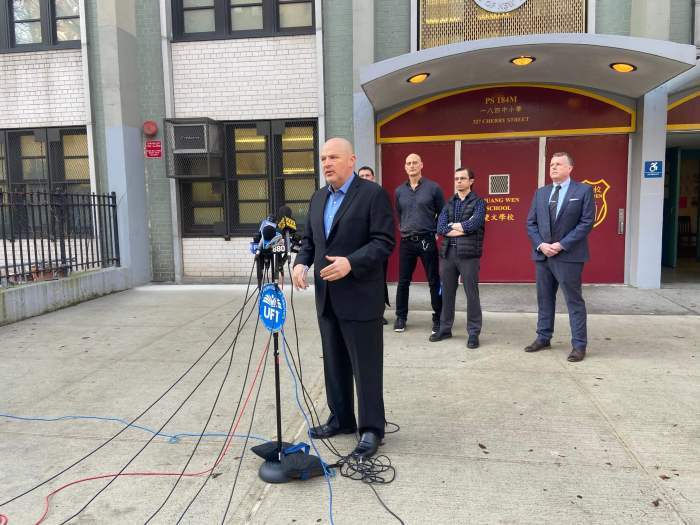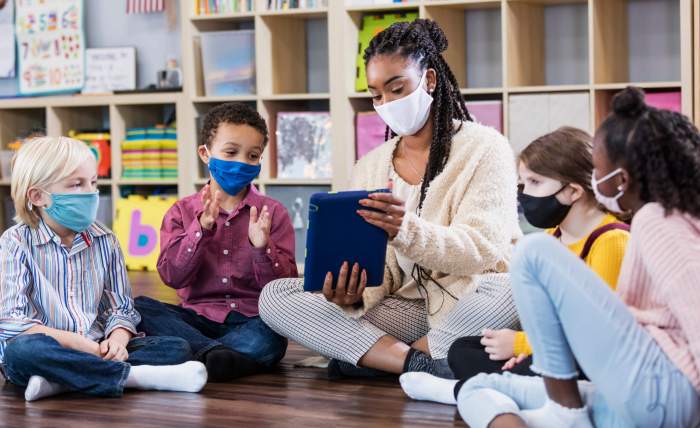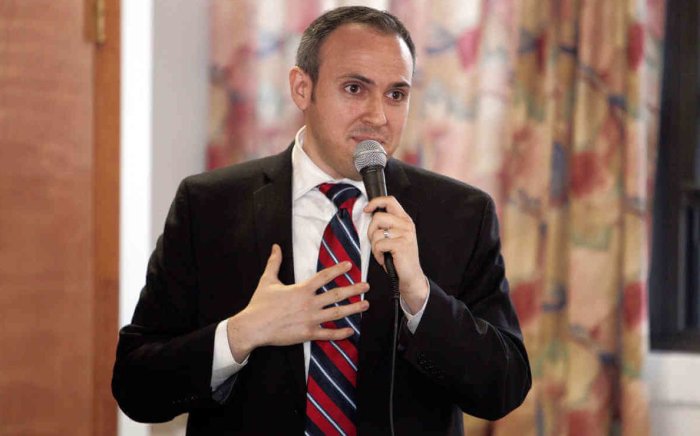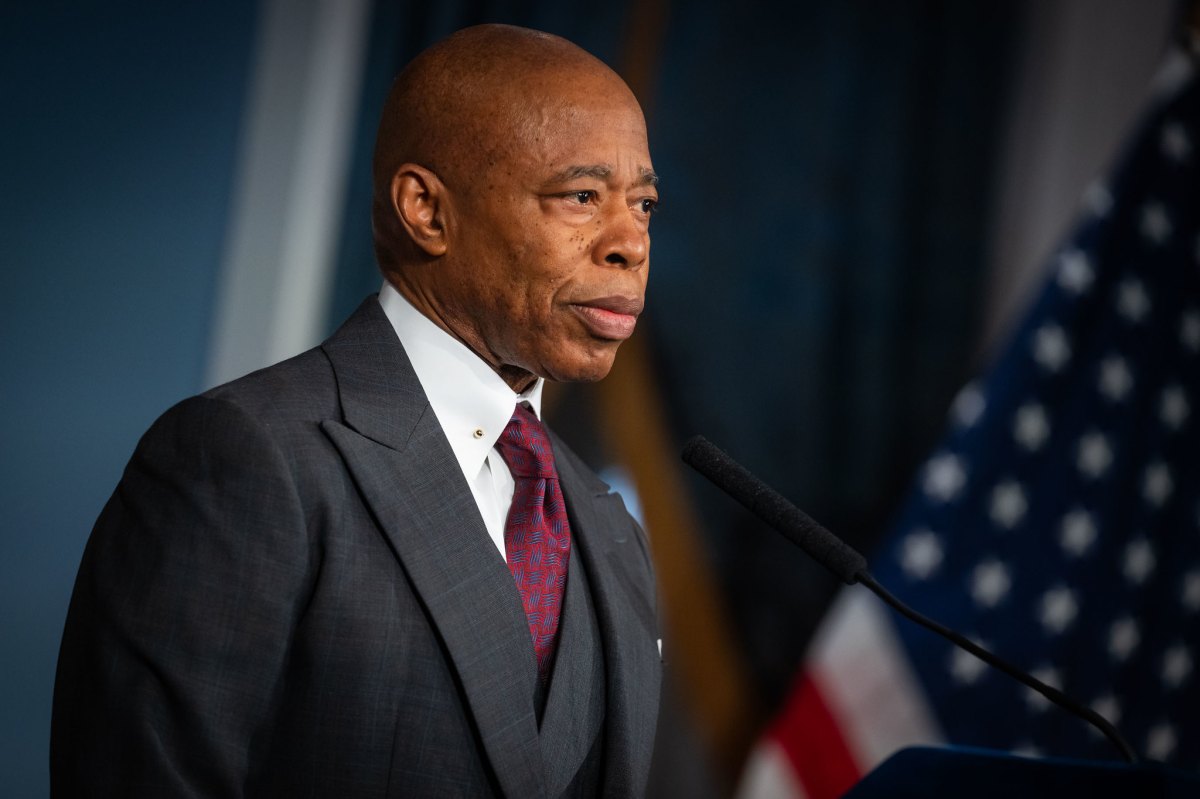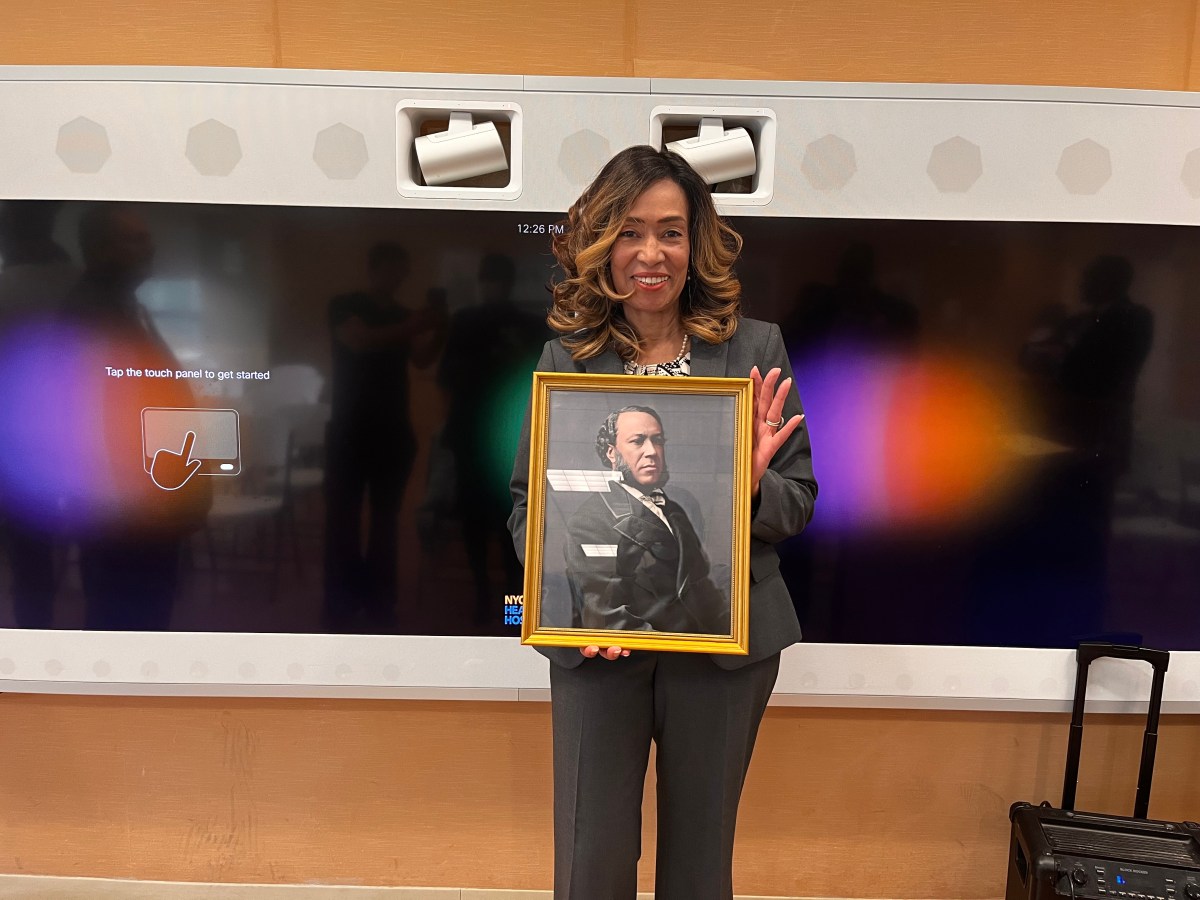As the school year comes to a close, educators, the City Council, and the Adams administration are already looking forward to next year. How can we deliver an even better, more engaging school experience for our most important constituents – our children. Both the Council and the Adams administration agree that we have a responsibility to support a student’s whole self, including their physical and mental self. That work fundamentally starts by prioritizing what we feed our young people.
As the nation’s largest public school system, what the Department of Education does today, the country does tomorrow. With that responsibility, both the Council and Mayor’s Office are taking steps forward to lead the way when it comes to what we feed our children.
Last year, the Department of Education introduced Plant Powered Fridays in all public schools. They also announced the launch of the Chefs Council, which develops scratch-cooked, plant-based, culturally relevant recipes and provides hands-on training for DOE Office of Food and Nutrition Services workers. Finally, both the Council and Adams Administration championed the creation of meals that reflected the city’s diversity, starting with the expansion of halal kitchens so that 87 public schools across the city are now certified to serve culturally responsive halal meals.
In the coming school year, students and educators can look forward to both the Council and Administration doubling down on their commitment.
The Mayor’s Office of Food Policy and Department of Education released “Prioritizing Food Education in Our Public Schools: A Path to Developing a Healthy Next Generation” — a comprehensive roadmap to improving food education in New York City’s public school system. The report identifies specific goals, strategies, and key performance indicators that will ensure students across the city learn about healthy eating habit, and how each component of our food system interacts with the climate, economy, and local community. While this report came out of the Mayor’s office, it reflects a shared commitment by the Council and Adams administration to fundamentally reimagine healthy eating in our school system. We cannot meet these challenges divided, but united we can ensure our children eat meals that prepare them for success.
In the Fiscal Year 2024 Executive Budget, schools will receive $50 million in funding to expand the Cafeteria Enhancement Experience, transforming more than 80 school cafeterias into warm and welcoming spaces for students to enjoy nutritious meals. Additionally, school meals are only successful with a dedicated workforce. Food service workers do more than serve our children – they act as guidance counselors, mentors, and warm, friendly faces to all our children. Mayor Adams proposed $5.5 million for culinary training for school food service workers and $1 million in funding to integrate food education into school curriculums through core courses, hands-on learning, and after-school programming. This way healthy eating and food education are interwoven for our students and educators.
Make no mistake – this push for healthy eating is driven by scientific fact. Healthy eating habits are associated with a myriad of health benefits and reduce the risk of developing chronic diet-related diseases, including type 2 diabetes, obesity, hypertension, and some cancers. Healthy eating habits are also associated with higher cognitive functioning, reduced absenteeism, improved mood, and stronger academic performance. If we want our children performing at their best, they need to be eating their best.
Despite whatever people may read about the Council and Adams administration, there are universal truths that we do agree on. Our children are too important to our future to fail. There are many ways to provide them with the tools needed to thrive in our school system. An understanding and exposure to healthy eating–and by that extension, wellness–is a critical tool. Through comprehensive food education, students can build an understanding of food’s role in our many cultures, our relationships, our history, and our environment. This knowledge can empower our children to make healthy choices and achieve success in the classroom and beyond.




